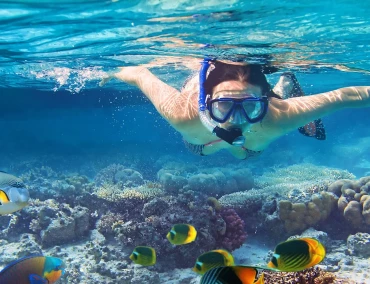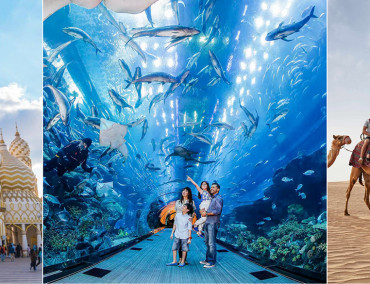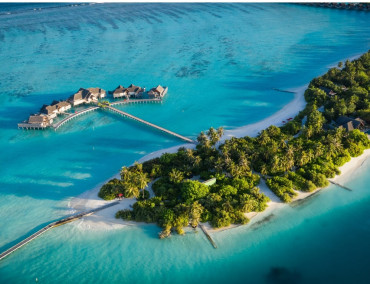FAQ
The exotic and tropical island destination that is Maldives, offers warm and sunny weather year round. But if you’re looking to get that perfect sun-kissed photo and tan lines during your trip, the dry season; also known as the northeast monsoon is the right time for that. Maldives experiences two different seasons; there is of course the dry season which lasts from November to April, and the southwest monsoon season that lasts from May to October which brings in windy and rainy weather, which is still perfect weather if you want to catch some waves for an afternoon well spent surfing. However, keep in mind that the northeast monsoon is also the high seasons when resorts get fully booked and the prices are higher than they are the rest of the time. The southwest monsoon being the low season, brings in fewer tourists and the prices are relatively lower.
Do I need a visa to visit Maldives?
As surprising as this may seem, tourists from all nationalities are given a free 30-day visa on arrival to Maldives. Unless you are coming for a business trip, you are not required to take business visa which needs to be applied for in advance.
Where is the capital city located?
The capital city of Maldives is located separately like every other island in the country. The capital city “Male’” which is pronounced as “Maa-ley” is located just 4.6km away from the main airport which is also located on its very own island. Male’ city is set apart from the other islands with it’s high rising buildings and paved roads, or as the locals call it, a “concrete jungle”.
What currency is used in Maldives?
While Maldives has its own local currency called “Maldivian Rufiya” (MVR), US dollars are accepted at resorts and hotels. However, if you are visiting a local island for a more local experience, you might need some local currency. The bank rate for 1 US dollar is equivalent to 15.42 MVR.
What type of activities are available?
The main activities to enjoy in Maldives are water based as the country is 99% water and only 1% land. Majority of tourists to Maldives enjoy snorkelling in the house reefs or diving through the turquoise waters to experience swimming with whale sharks and mantas. However, those looking for something a bit more exciting, can choose from several other activities including sailing, windsurfing, water skiing, flyboarding and so much more. But it is not limited to water based activities. Tourists can enjoy a range of land based activities such as table tennis, badminton, billiards and volleyball. If you’re feeling a bit more adventurous you can also enjoy shark and manta feeding, sailing through the atolls on a liveaboard, or even explore the local’s way of life.
Is Maldives safe for tourists?
Yes, Maldives is very safe to visit. As every resort is located on its very own island, any issues related to the political unrest are mainly restricted to the capital city, Male’. Tourists staying at a resort or a liveaboard would be far from any disturbances or distress due to the political issues.
Is English widely spoken?
Yes, the majority of people in Maldives can speak in English and tourists will have no problem communicating with the staff at hotels and resorts or even with locals. Most resorts/properties will also have staff that speak multiple languages to help visitors communicate more comfortably.
Are Visa Card, Master Card and Debit Cards accepted in Maldives?
Hotels and resorts will be able to accept all major credit and debit cards. However if you are visiting a local island, most of the shops may not accept any cards and only take cash in local currency. But most local and souvenir shops in Male’ will accept card payments.
Are there hospitals and medical facilities available?
Yes, there are excellent medical facilities available in the capital city Male’. There are two major hospitals which are Indira Gandhi Memorial Hospital (IGMH) which is owned by the government, ADK Hospital which is the first private hospital and the most recently opened Tree Top Hospital. Aside from these there are several other private clinics located in Male’. For tourists staying at resorts, the resorts also provide medical centers that are usually open around-the-clock that provide a range of medical services.


























